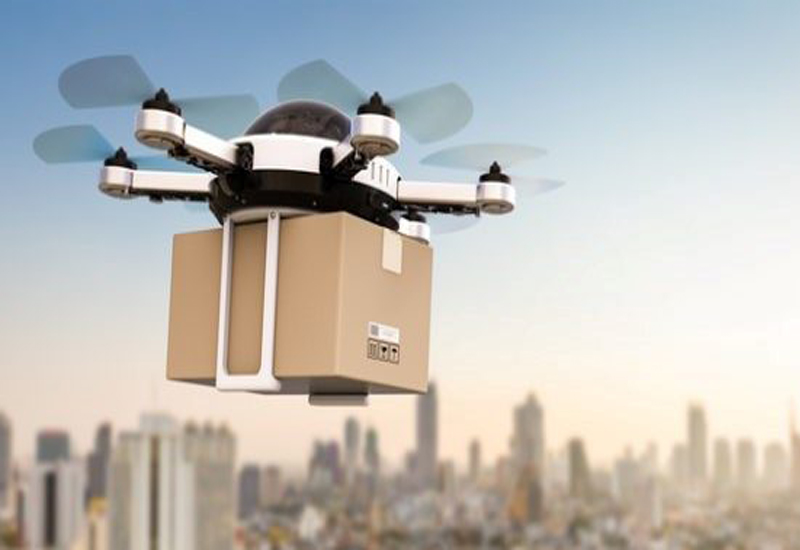It becomes really difficult when you run out of your medications and suddenly there is no access to them due to a natural disaster.
Well, here comes the technology. Researchers say new drone technology may come to your rescue by making urgent deliveries to remote areas.
A new paper has published the world’s first documented drone delivery of insulin to a diabetic patient in a difficult-to-reach community.
The 16-minute drone delivery took place last year from Galway, Ireland, to Aran Island.
In recent years, severe storms disrupted health care access in Ireland. So, a team of researchers wanted to find how to help people get their diabetes medications in remote areas who could be stranded for days or weeks after a disaster that cut off their access to medications.
The researchers described their drone project in a special supplemental issue of the Journal of the Endocrine Society.
Lead researcher and endocrinologist Dr. Derek O’Keeffe from the University of Ireland, Galway, said, “We now have the drone technology and protocols in place to deliver diabetes medications and supplies in an actual disaster if needed.”
“This is a milestone in improving patient care,” he added.
The team’s drone delivery planning for the test flight required approvals from health officials, pharmaceutical, and aviation.
Dr. O’Keeffe said, “The large self-flying drone flew beyond visual line of sight during commercial flight operations in regulated airspace.”
Another researcher said that the team had to face a number of challenges to deliver the medications through the drone.
Endocrinologist Dr. Spyridoula Maraka, who was part of the paper, said, “Insulin can be outside the fridge for hours, but it can’t be exposed to extreme heat, so we put it in an insulated parcel with temperature monitoring en route.”
“We also put a security lock on the parcel in case the drone did not arrive at the right place,” she added.
Dr. Maraka had a pharmacist dispense insulin and other diabetes medicine (glucagon) before placing them in the drone to comply with prescription drug regulations.
In addition to delivering the medications, the drone returned with a blood sample that was collected from the patients to monitor blood sugar levels.
“We wanted to find a way to monitor glycemic control remotely,” said Dr. Maraka. “It was the full circle of care, which has not been done by drone before.”
The research team said using drones to deliver medications and monitor patients could save lives.
“A patient with type 1 diabetes could develop life-threatening diabetic ketoacidosis after more than one day without insulin,” explained Dr. Maraka. “A blood specimen would allow us to properly diagnose and treat the condition.”




















